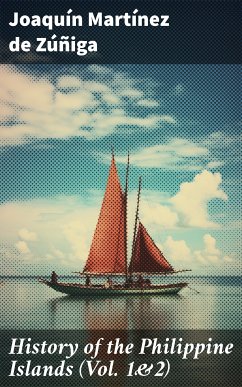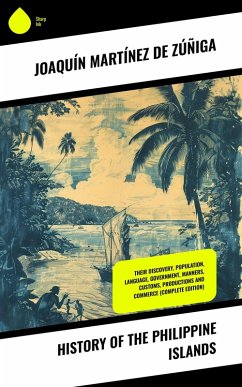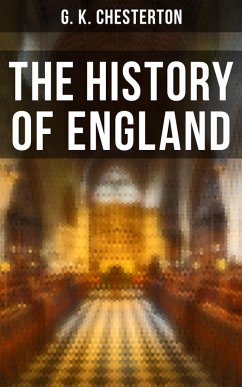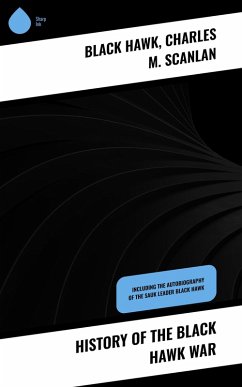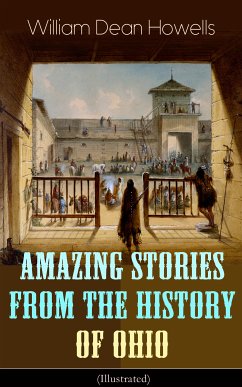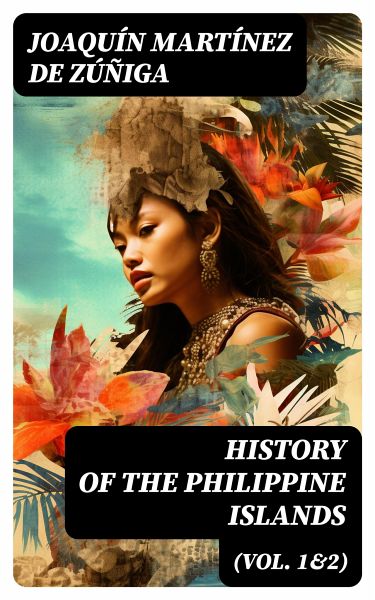
History of the Philippine Islands (Vol. 1&2) (eBook, ePUB)
Their Discovery, Population, Language, Government, Manners, Customs, Productions and Commerce (Complete Edition)
Übersetzer: Maver, John
Versandkostenfrei!
Sofort per Download lieferbar
1,99 €
inkl. MwSt.
Weitere Ausgaben:

PAYBACK Punkte
0 °P sammeln!
In "History of the Philippine Islands (Vol. 1 & 2)", Joaquín Martínez de Zúñiga offers a comprehensive and insightful examination of the Philippines from its earliest records to the late 19th century. His narrative weaves together rich historical accounts, vivid descriptions of the social and cultural fabric, and detailed observations of the islands' geography and demography. Employing a literary style infused with both scholarly rigor and engaging prose, Zúñiga situates his work within the broader context of colonial literature and historiography, making a vital contribution to the unde...
In "History of the Philippine Islands (Vol. 1 & 2)", Joaquín Martínez de Zúñiga offers a comprehensive and insightful examination of the Philippines from its earliest records to the late 19th century. His narrative weaves together rich historical accounts, vivid descriptions of the social and cultural fabric, and detailed observations of the islands' geography and demography. Employing a literary style infused with both scholarly rigor and engaging prose, Zúñiga situates his work within the broader context of colonial literature and historiography, making a vital contribution to the understanding of Philippine history during Spanish rule. Martínez de Zúñiga, a Spanish priest and historian, was deeply entrenched in the socio-political landscape of colonial Philippines. His firsthand experiences and scholarly background allowed him to explore the complexities of Filipino society and the impacts of colonialism. His dual perspective as both a participant and observer provides readers with a nuanced understanding of the cultural dynamics of the period, enriching the historical dialogue around the islands. I enthusiastically recommend this seminal work to historians, scholars, and anyone interested in the intricacies of Philippine history. Zúñiga's meticulous documentation and narrative artistry render it a vital resource that not only enlightens but also engages the reader in the rich tapestry of the Philippines' past.
Dieser Download kann aus rechtlichen Gründen nur mit Rechnungsadresse in A, B, BG, CY, CZ, D, DK, EW, E, FIN, F, GR, H, IRL, I, LT, L, LR, M, NL, PL, P, R, S, SLO, SK ausgeliefert werden.




